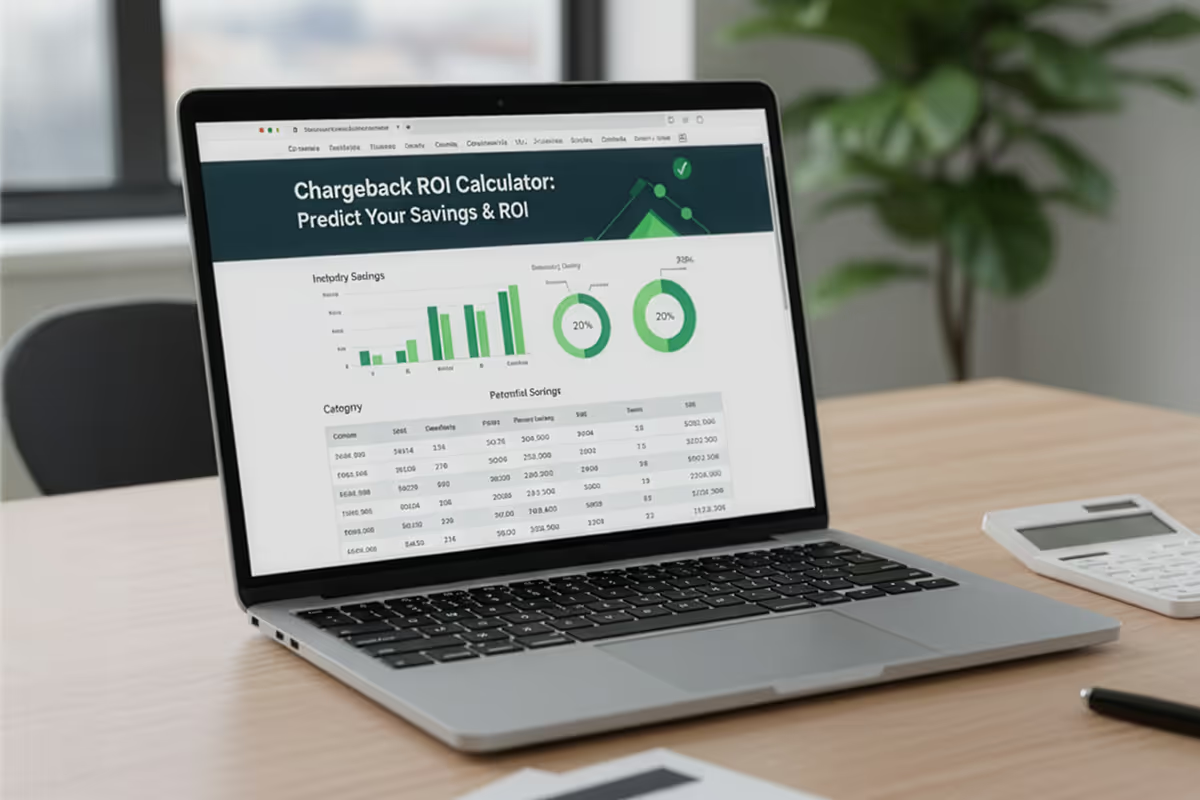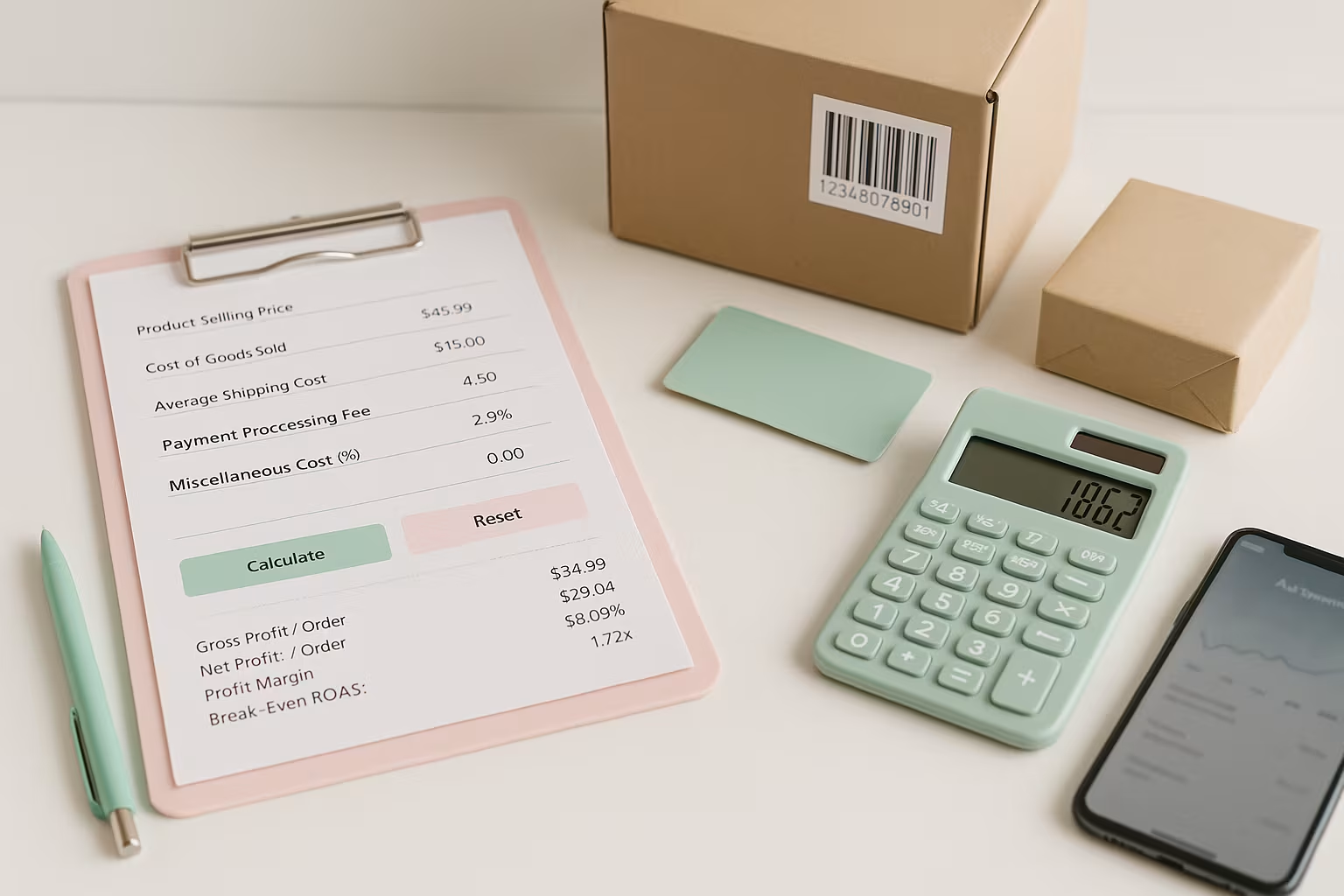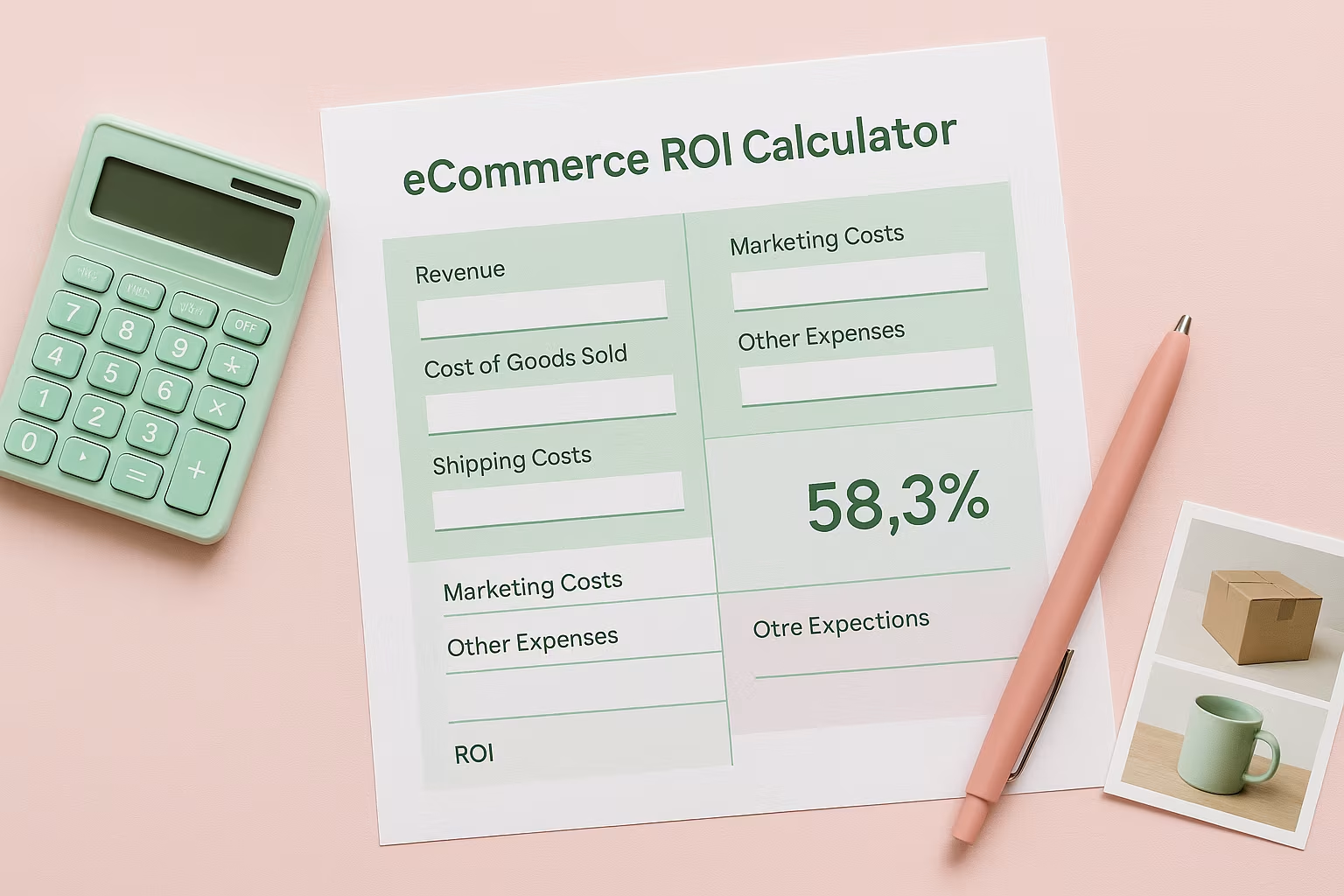%20(1).avif)
Selling herbal products can feel like navigating a complex regulatory landscape. Whether you’re offering tinctures, teas, capsules, or creams, understanding licensing requirements is crucial. These rules vary based on product formulation, marketing claims, and your business model.
So, what type of license do you need to sell herbal products? With the global herbal products market expected to reach $107 billion by 2027, proper licensing to sell herbal products is key to long-term success and credibility.
Identify the License Type You Need to Sell Herbal Products
The licenses you need for selling herbal products depend largely on how you position your products in the market. Herbal products generally fall into several categories that determine their regulatory requirements:
Herbal Supplements vs. Herbal Remedies: The Critical Distinction
The way you market your herbal products significantly impacts which licenses you'll need. Herbal supplements are regulated differently from products marketed with medicinal claims:
- Herbal Supplements: Products marketed to supplement the diet without making disease claims
- Herbal Remedies/Medicines: Products marketed with claims to diagnose, treat, cure, or prevent disease
This distinction is crucial because herbal remedies face much stricter regulations. The FDA regulates dietary supplements under the Dietary Supplement Health and Education Act (DSHEA) of 1994, while products making medicinal claims must go through the more rigorous drug approval process.
Basic Business Licenses Every Herbal Seller Needs
Before diving into product-specific requirements, ensure you have these foundational business licenses:
- General Business License: Required by most states and municipalities for any business operation
- Employer Identification Number (EIN): Necessary for tax purposes, even for sole proprietors
- Sales Tax Permit: Required if you're selling taxable products in states with sales tax
- Home Occupation Permit: If operating from home, many localities require this special permit
Remember that operating without these basic licenses can result in penalties regardless of your product type. Each state and locality has different requirements, so check with your local Small Business Administration office for specific guidance.
FDA Regulations for Herbal Products

The FDA maintains specific guidelines for herbal products that directly impact your licensing requirements.
Dietary Supplement Registration Requirements
If you're selling herbal products as dietary supplements:
- Facility Registration: Manufacturers (not resellers) must register with the FDA
- GMP Compliance: Adherence to Good Manufacturing Practices is mandatory
- Labeling Requirements: Must include a Supplement Facts panel and appropriate disclaimers
It's important to note that while dietary supplement manufacturers must register their facilities with the FDA, the individual products themselves do not require pre-market approval. However, this doesn't mean they're unregulated.
When Your Herbal Product Becomes a "Drug"
The moment you claim your herbal product can diagnose, treat, cure, or prevent a disease, it legally becomes a drug in the eyes of the FDA. Making such claims without proper approval can lead to:
- Warning letters
- Product seizures
- Criminal prosecution
- Significant financial penalties
To legally market an herbal product with medicinal claims, you would need to go through the same drug approval process as pharmaceutical companies—a lengthy and expensive endeavor costing millions of dollars and taking years of clinical trials.
State-Specific Licensing for Herbal Products
In addition to federal regulations, states often impose their licensing requirements for herbal product sales.
Varying Requirements Across States
State requirements can vary dramatically:
- California: Requires additional product registration for certain herbal products
- Florida: Has specific permit requirements for herbal product manufacturing
- New York: Imposes stricter labeling and testing requirements
- Texas: Maintains specific regulations for facilities producing herbal products
Always research the specific requirements for each state where you plan to sell your products. Some states may require specialized permits beyond basic business licenses.
Practitioner Licenses for Herbal Consultations
If you provide herbal consultations alongside product sales, additional licensing may be required:
- Herbalist Certification: While not a legal requirement in most states, certification from recognized herbalist organizations adds credibility
- Medical Practice Restrictions: Providing specific health advice may cross into practicing medicine without a license in some states
- Naturopathic Doctor Licensing: Some states recognize naturopathic doctors who can legally prescribe herbal remedies
Remember that giving personalized health advice alongside product recommendations may trigger additional regulatory scrutiny, as this can blur the line between selling supplements and practicing medicine.
Manufacturing vs. Private Labeling: Different Licensing Paths
The way you produce your herbal products significantly impacts your licensing requirements.
Manufacturing Your Products
If you manufacture herbal products:
- FDA Facility Registration: Mandatory for supplement manufacturers
- GMP Certification: Required to prove you follow Good Manufacturing Practices
- Product Liability Insurance: Essential protection against claims
- Testing Requirements: Batch testing for potency, contaminants, and label accuracy
Manufacturing your herbal products places the highest regulatory burden on your business, as you're responsible for every aspect of product safety and quality.
Private Labeling: A Simpler Alternative
Many entrepreneurs opt for private labeling to simplify licensing requirements. With private labeling, you partner with an established manufacturer who handles regulatory compliance related to production. This approach offers several advantages:
- Reduced regulatory burden
- Lower startup costs
- Faster time to market
- Access to expertise and established formulations
Custom branded supplements allow you to focus on branding and marketing while leaving complex manufacturing compliance to specialists.
The manufacturer maintains the necessary facility registrations and follows GMP requirements, simplifying your regulatory compliance significantly.
Product-Specific Licensing Considerations
Different herbal products have different licensing requirements based on their ingredients and formulations.
Common Herbs with Special Regulatory Status
Some herbs trigger additional regulatory scrutiny:
- Comfrey: Restricted in many states due to potential liver toxicity
- Ephedra: Banned for use in dietary supplements
- Kava: Subject to warnings and restrictions in some states
- CBD/Hemp: Complex and evolving regulations that vary by state
Before including any herb in your product line, research its specific regulatory status. What's allowed in one state may be restricted in another, and federal regulations continue to evolve, particularly for newer ingredients like hemp-derived compounds.
Product Form Factors and Their Requirements
The physical form of your herbal product affects licensing requirements:
- Tinctures/Extracts: May require alcohol permits if containing significant alcohol
- Capsules/Pills: Subject to stricter GMP requirements
- Topicals/Creams: May cross into cosmetic regulations
- Teas/Beverages: Subject to food safety regulations
Each form factor brings its own set of compliance considerations. For example, selling health supplements online in liquid form requires different handling, storage, and testing protocols than selling the same herbs in capsule form.
Online Sales: Additional Licensing Considerations

Selling herbal products online comes with its own set of licensing requirements.
E-commerce Platform Requirements
Different platforms have different policies regarding herbal products:
- Amazon: Requires additional documentation and approval for certain herbs
- Shopify: More permissive but still requires compliance with regulations
- Etsy: Restricts certain herbal products from making health claims
- Your Website: Gives you more control but full responsibility for compliance
Before setting up shop, carefully review each platform's terms of service regarding herbal products. Some may require proof of compliance before allowing you to list certain products.
International Sales Considerations
If you plan to sell internationally, be aware that:
- Each country has its herbal product regulations
- Import licenses may be required in destination countries
- Some herbs legal in the US are banned elsewhere
- Shipping herbal products across borders may trigger customs inspections
International sales add layers of complexity to licensing requirements. Many successful herbal businesses start with domestic sales and expand internationally only after establishing solid compliance procedures domestically.
Labeling and Marketing Compliance
Proper labeling is a critical component of legal herbal product sales.
Required Elements on Herbal Product Labels
All herbal product labels must include:
- Product Identity: Clear description of what the product is
- Net Quantity: Amount of product in the package
- Business Information: Name and address of manufacturer or distributor
- Ingredient List: Complete list of all ingredients
- Warning Statements: Any required cautions or warnings
- Supplement Facts Panel: For products marketed as supplements
Labels must be truthful and not misleading. The FDA regularly issues warning letters for labeling violations, which can lead to more serious enforcement actions if not corrected.
Allowed vs. Prohibited Claims
Understanding what you can and cannot say about your herbal products is essential:
- Allowed: Structure/function claims (e.g., "supports immune health")
- Allowed: General well-being claims (e.g., "promotes relaxation")
- Prohibited: Disease claims (e.g., "treats anxiety" or "cures insomnia")
- Prohibited: Claims promising specific results (e.g., "will lower blood pressure by 10 points")
Even on social media, product reviews, and educational materials, the claims you make about your herbal products can trigger regulatory action. Before starting your online supplement business, develop a clear understanding of permitted marketing language.
Insurance Requirements for Herbal Product Sellers
Insurance provides essential protection for herbal product businesses.
Types of Insurance to Consider
Several types of insurance are important for herbal product sellers:
- Product Liability Insurance: Protects against claims of illness or injury from your products
- General Liability Insurance: Covers broader business risks
- Business Property Insurance: Protects inventory and equipment
- Professional Liability Insurance: Important if you provide herbal consultations
Product liability insurance is particularly crucial in the herbal products industry, where adverse reactions or contamination issues could lead to significant claims. Many suppliers, retailers, and e-commerce platforms require proof of insurance before they'll work with you.
How to Get Started: Practical Licensing Steps

Starting an herbal products business requires a methodical approach to licensing and compliance.
Step-by-Step Licensing Process
Follow these steps to ensure proper licensing:
- Define Your Products: Determine exactly what you'll sell and how you'll market it
- Research Specific Requirements: Based on your products and location
- Obtain Basic Business Licenses: Register your business structure and get an EIN
- Secure Product-Specific Permits: Based on your research
- Set Up Proper Manufacturing: Either with a private label partner or your facility
- Develop Compliant Labels: Work with a regulatory consultant if needed
- Purchase Appropriate Insurance: Before your first sale
- Implement Quality Control: Establish testing and batch tracking procedures
Many entrepreneurs find that working with private label suppliers significantly simplifies the licensing process, as established manufacturers already have necessary permits and compliance procedures in place.
Common Licensing Pitfalls to Avoid
Be careful to avoid these common mistakes:
- Assuming all herbs are "generally recognized as safe"
- Making medicinal claims about dietary supplements
- Ignoring state-specific requirements
- Failing to maintain proper batch records
- Using unsubstantiated marketing claims
- Operating without proper insurance coverage
Pro tip: Many herbal product entrepreneurs don't realize that even customer testimonials on your website can be considered product claims by the FDA. If a customer review says your product "cured their arthritis," the FDA may hold you responsible for making an unapproved drug claim if you publish it.
Building a Successful Herbal Products Business
With proper licensing in place, you're ready to build a thriving herbal products business.
The Importance of Quality Control Beyond Licensing
Licensing is just the beginning—successful herbal businesses maintain rigorous quality control:
- Regular product testing for potency and purity
- Supplier validation and ingredient sourcing verification
- Batch record maintenance for traceability
- Adverse event reporting procedures
- Continuous education on regulatory changes
These practices not only keep you compliant but also build customer trust and reduce business risks. The most successful herbal product companies often exceed minimum regulatory requirements rather than merely meeting them.
Leveraging Compliance as a Marketing Advantage
Your commitment to proper licensing and compliance can become a powerful marketing tool:
- Highlight your rigorous testing protocols
- Educate customers about your quality control procedures
- Share your commitment to regulatory compliance
- Display relevant certifications prominently
In an industry sometimes plagued by questionable operators, your dedication to doing things the right way can set you apart and build lasting customer loyalty.
Only Experts Would Know: When “Herbal Supplement” Becomes a “Drug”
Making a simple claim like “supports healthy blood pressure” is fine for herbal supplements, but stepping into “treats hypertension” can push your product into drug territory. This triggers strict FDA drug regulations, including costly approval processes and potential delays.
To avoid this, stick to structure/function claims like “supports” or “promotes” in your marketing and labeling. Avoid making specific medical claims unless you’re prepared to go through the rigorous drug approval process.
Build Your Herbal Products Business The Right Way From The Start
Entering the herbal products market with proper licensing isn’t just about legal compliance—it’s key to sustainable growth. Investing in compliance builds customer trust, reduces liability, and ensures you can scale without regulatory roadblocks.
With the right licensing and quality focus, your herbal products business can thrive and positively impact customers' well-being.
FAQ
Related blogs

Price Elasticity Of Demand Calculator: Predict Revenue Impact in Seconds

Chargeback ROI Calculator: Predict Your Savings and ROI in Under 10 Seconds

Break-Even ROAS Calculator: Find Out What You Can Afford to Spend on Ads


